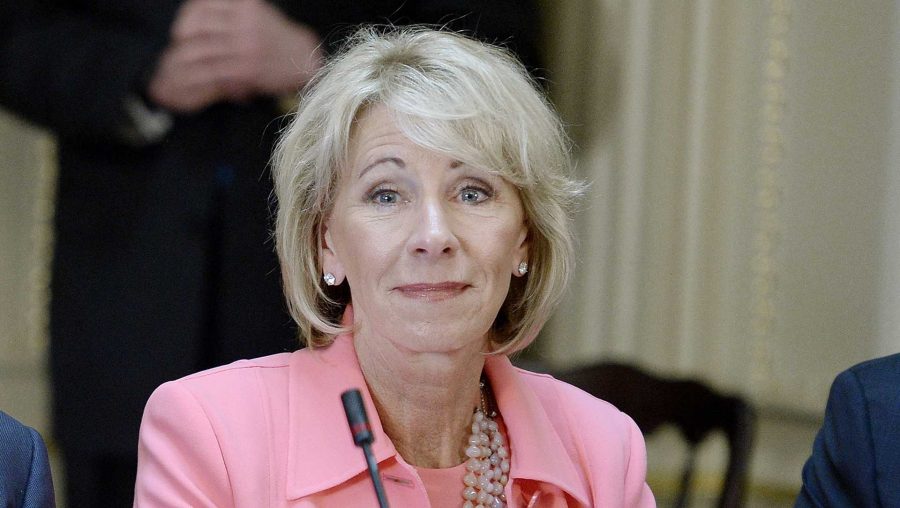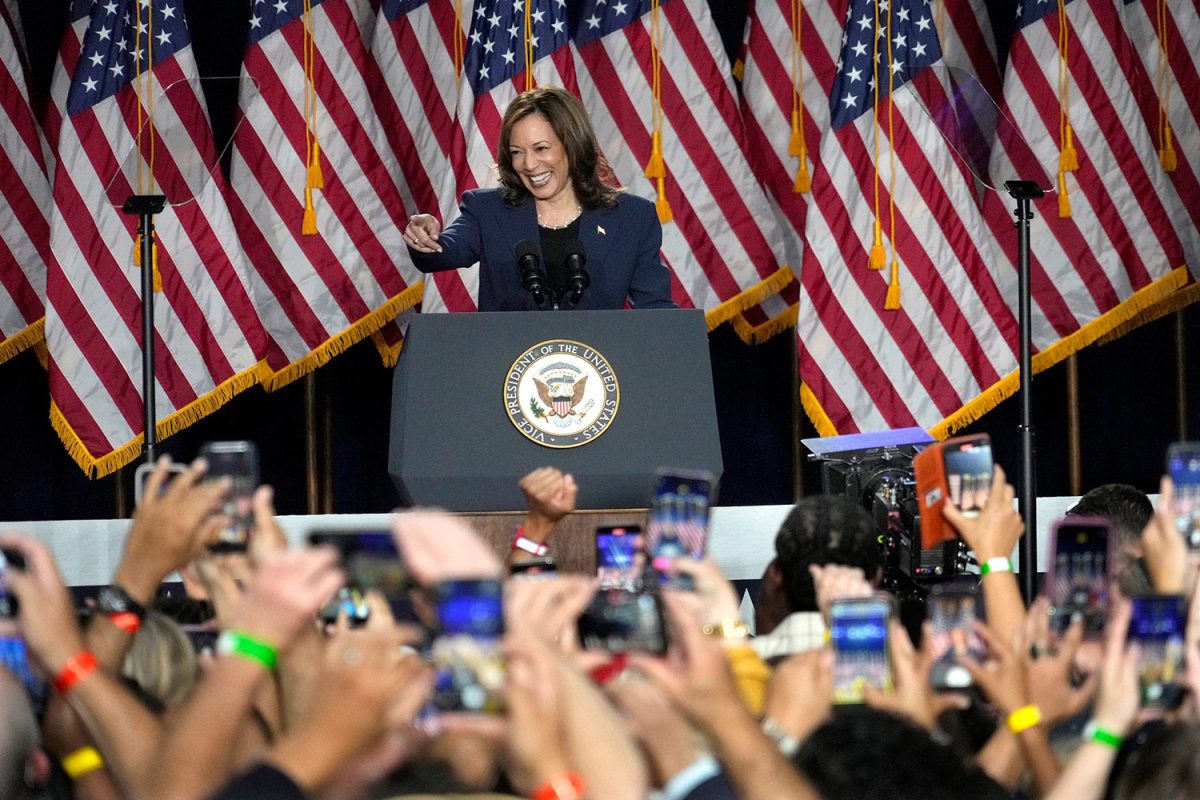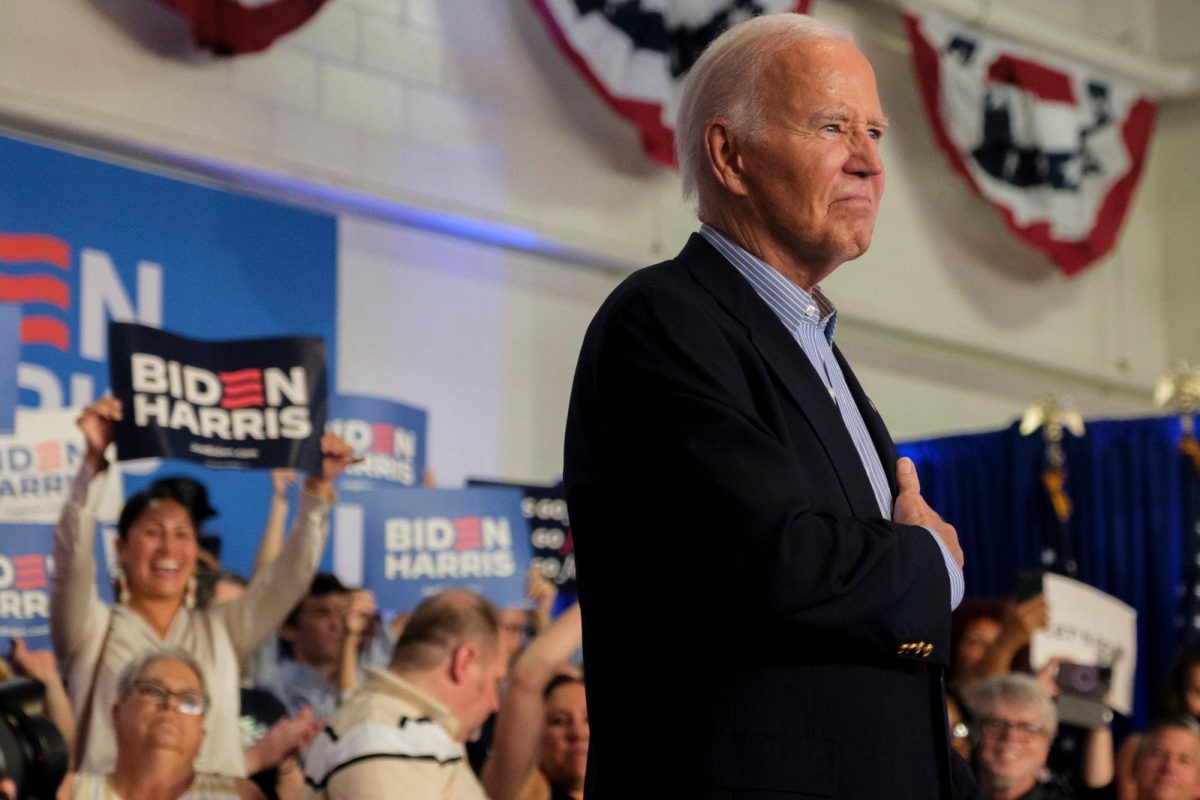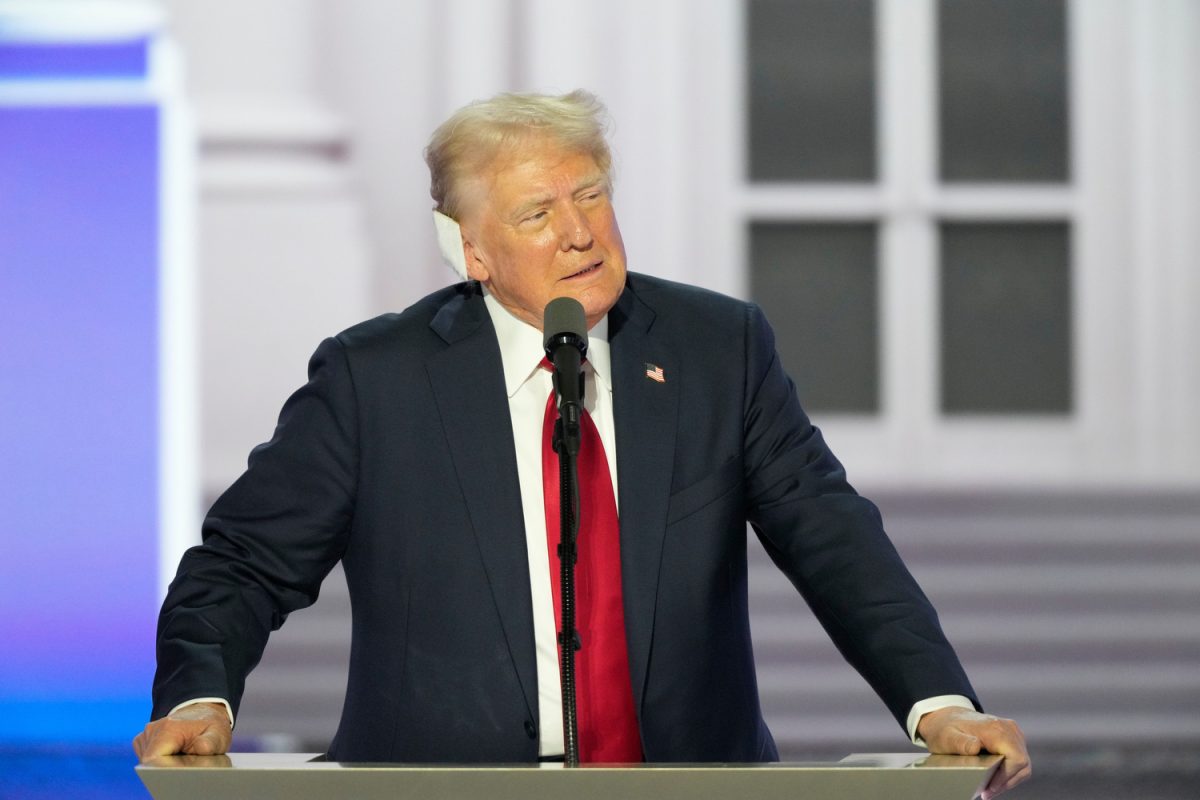U.S. Secretary of Education Betsy DeVos announced on Sept. 7 that the Department of Education will reconsider its interpretation of Title IX.
Title IX prohibits gender-based discrimination in any educational institution or program that receives federal funds. The Education Department’s Office of Civil Rights released a “Dear Colleague Letter” in 2011, which broadened the scope of Title IX and provided guidelines on handling sexual misconduct.
Monique DiCarlo, the University of Iowa sexual-misconduct response and Title IX coordinator, said that framework set a precedent; schools won’t completely backtrack on Title IX protections even if federal changes are passed down.
“I think we’re committed to Title IX, and committed to our policies and procedures, and committed to continuing to review those policies and procedures and the way that we intervene and the way we work to prevent this issue,” she said. “Certainly, we’ll take into consideration what the Department of [Education] issues, but that alone is not what we’re using to guide our review process.”
The Dear Colleague letter outlined a preponderance-of-evidence standard, which Rich Ramos, the associate dean of students and Title IX coordinator at Simpson College, describes as 50 percent plus a feather.
Peggy Fitch, the vice president for student development and Title IX coordinator for Central College, said the standard has served the school well.
“It’s really important to have an institutional process that is completely separate from a legal process, because it’s difficult for survivors to find justice through a legal process because of the high standard of evidence, among other things, and often the fact that these are cases that are reported months and months later, there is often not physical evidence and it’s often based completely on the testimony of the two individuals involved; that’s why it’s very important to have an institutional process where complainants can find some resolution,” she said.
Iowa schools handle sexual-misconduct cases several ways under Title IX, especially when it comes to who hears the cases that run the gamut from a single adjudicator with a legal background, which the UI uses, to Simpson’s panel drawn from trained faculty.
Some, such as New York City-based attorney Andrew Miltenberg, have welcomed the potential upcoming changes. He specializes in campus sexual-assault due process and his criticism, drawn from a composite list, includes this inconsistency in hearing systems.
“… You have a hearing panel which may be very well-intentioned but not up to the task of deconstructing and then reconstructing a sort of very tangled complex set of events for which there is rarely an eyewitness, and many times memories are dulled by the situation, whether it’s alcohol or time …” he said.
If schools do not comply with Title IX protocols, their accesses to federal aid could be cut, but private institutions may have a bit more leeway when it comes to interpreting the boundaries of nonbinding Title IX guidelines.
“By being a private college, we don’t necessarily have to do all the same things that a public university does,” Ramos said. “There’s a little bit more freedom in what we can say — no, we’re not going to do [that], whereas a public university, if it’s a law, you have to live under those guidelines …”
Colleges and universities in Iowa are not planning on throwing away years of work based on a potential restructuring of Title IX.
“Everybody I’ve talked to is really concerned and bothered by the decision from her and don’t feel as if it’s appropriate in any way, shape or form thing to happen,” Ramos said. “I think colleges have made great strides in a relatively short period of time to address the issue of sexual misconduct on campuses, and with the scratching of a pen to wipe out those strides is not in any way, shape or form appropriate to do.”










